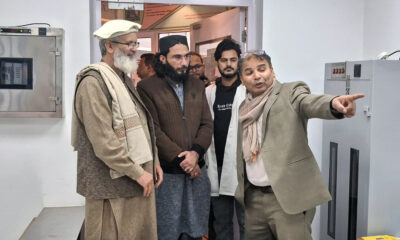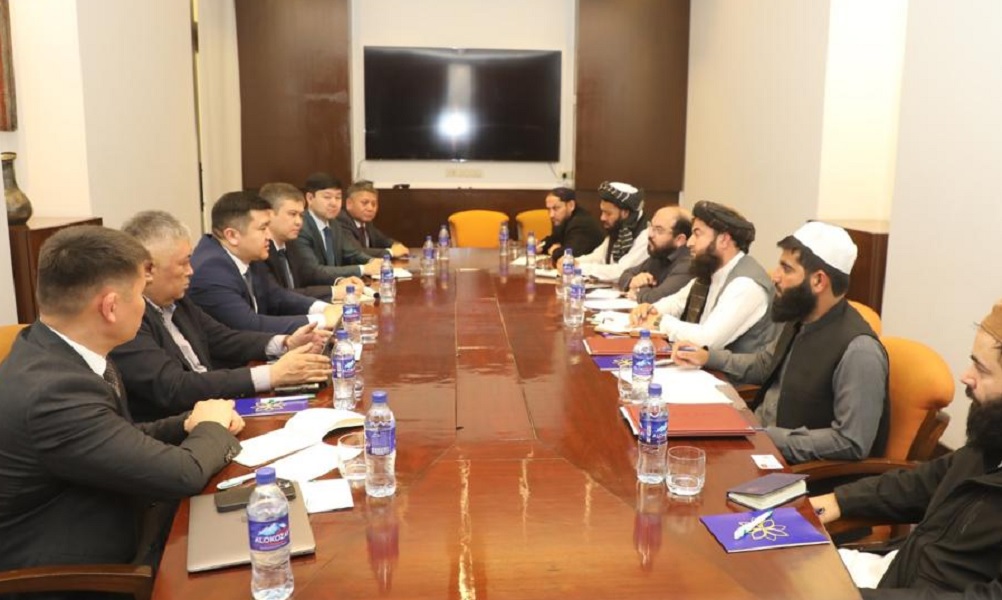Business
AWCC continues to drive progress, opens new service center in Baghlan

Afghan Wireless Communications Company (AWCC) inaugurated a new sales and service center in Pul-e Khumri city, in Baghlan, this week amid a growing network and customer base in the province.
According to AWCC officials, this new center is equipped with all the necessary facilities for customers in the city.
Currently, AWCC has 61 telecommunication antennas in the province, which provides 4G internet services to more than 20 service sites.
“There is no need for customers to go elsewhere; all their work is done here; their photos, their ID cards, their registrations; no need for our customers to [leave the province] do these things,” said Khair Mohammad Saljuqi, head of AWCC in the northeast of the country.
“We still have the most sales representatives in Pul-e Khumri city compared to other provinces,” he added.
Residents of Baghlan meanwhile welcomed the provision of better internet and telecommunication services by the company and asked for services to be expanded to remote areas of the province.
“Afghan Wireless Company operates rapidly not only in Baghlan province but also in 34 provinces of our country. We are completely satisfied with Afghan Wireless Company,” said one Baghlan resident.
In addition, officials of Baghlan’s department of telecommunication and technology said AWCC covers a large area of the province. They said however they hope all remote areas in the province will soon be connected.
“Efforts should be made so that places that do not have 3G and 4G internet can benefit from these services,” said Abdul Hanan Fayaz, head of the provincial department.
AWCC has meanwhile erected three new telecommunication antennas in Baghlan this year and converted several 3G sites to 4G, officials said.
As Afghanistan’s first wireless communications company, which was started in 2002, AWCC has for over 20 years driven the rapid, and continued growth of the country’s telecommunications market through its deployment of world-class HD voice communications, internet, data and mobile payment services.
As one of the largest private companies in the country, AWCC is also one of the largest private employers. The company has a direct workforce of over 6,000 people and it is responsible for more than 100,000 indirect jobs across Afghanistan.
The company is also the largest communications network company in the country and continues to expand its services across the nation, hoping to reach even the most remote village within the near future.
In addition, AWCC has in place strategic partnerships with over 400 wireless carriers in 125 countries, ensuring that Afghanistan remains connected.
Business
Pakistan’s kinno exports falter as tensions with Afghanistan continue
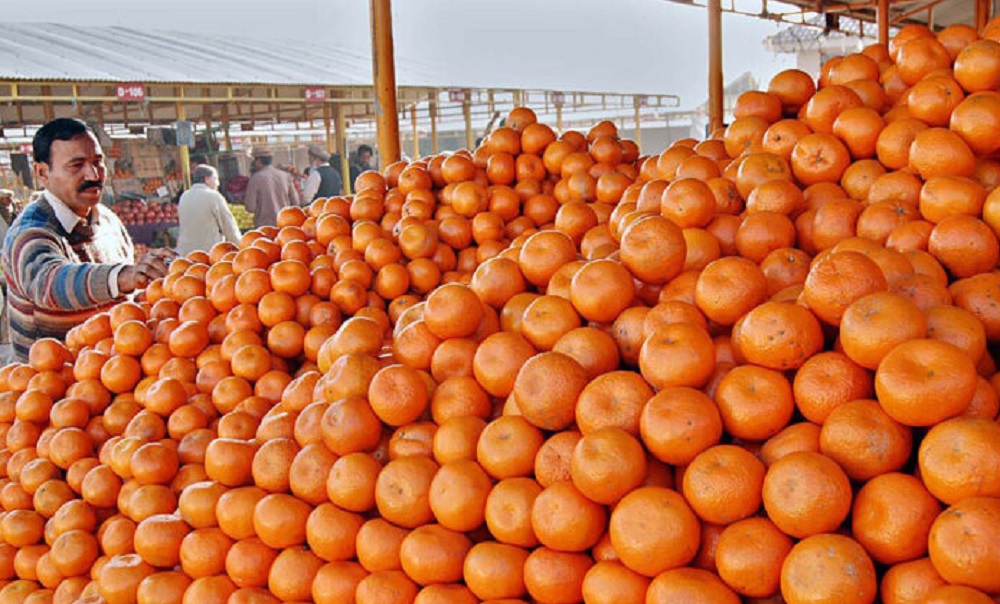
Pakistan’s kinno exports remain far below potential as regional tensions, high freight costs and weak government support continue to choke the citrus trade.
Despite being a leading global citrus producer, Pakistan is expected to export just 400,000–450,000 tonnes of kinno in the 2025–26 season, compared with an estimated capacity of 700,000–800,000 tonnes.
Exports in 2024–25 stood at around 350,000–400,000 tonnes, mainly to Russia, the UAE, Saudi Arabia, Afghanistan, Indonesia and Central Asia. While better fruit quality this season has raised hopes, persistent crossing disruptions—especially with Afghanistan—and transport bottlenecks have offset gains.
Growers say prices have collapsed sharply, forcing panic sales. Rates for large kinno have fallen from over Rs120 per kg early in the season to as low as Rs75, while smaller fruit is selling for Rs35–40 per kg amid weak demand.
Industry leaders warn the crisis is crippling processing units and jobs. More than 100 factories reportedly failed to open this season, with dozens more shutting down as exports stall. Cold storages in Sargodha are nearly full, putting fruit worth millions of dollars at risk of spoilage, while growers fear losses of up to Rs10 billion.
Exporters are urging the government to urgently resolve issues, subsidise logistics, and help access alternative markets, warning that prolonged inaction could devastate farmers, workers and the wider economy.
Business
Pezeshkian pledges to facilitate Iran-Afghanistan trade

Iranian President Masoud Pezeshkian has said that Tehran will facilitate trade and economic exchanges with Afghanistan, including easing procedures at customs and local marketplaces.
He made the remarks during a televised interview following his visit to South Khorasan province, which shares a border with Afghanistan.
Pezeshkian, in a separate event addressing local business leaders, highlighted the province’s strategic advantages, citing its rich mineral resources, proximity to neighboring countries such as Afghanistan and Pakistan, and access to the ocean via the Chabahar port. He described the region as “a golden opportunity not found everywhere,” emphasizing its potential for economic growth and cross-border commerce.
Business
Afghanistan-Kazakhstan banking ties discussed in Kabul meeting
-

 International Sports5 days ago
International Sports5 days agoIPL 2026: Teams take shape after auction as franchises balance star power and depth
-

 International Sports4 days ago
International Sports4 days agoILT20: Abu Dhabi Knight Riders end Desert Vipers’ unbeaten run in dramatic one-run win
-

 Latest News2 days ago
Latest News2 days agoAfghan border forces prevent illegal entry of hundreds into Iran
-
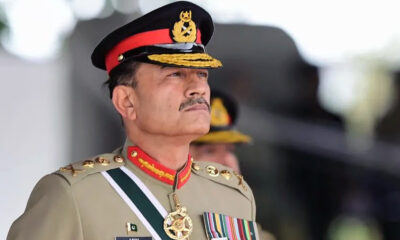
 Regional5 days ago
Regional5 days agoPakistan’s military chief Asim Munir in spotlight over Trump’s Gaza plan
-

 Latest News2 days ago
Latest News2 days agoPakistan summons Afghan diplomat over deadly attack in North Waziristan
-

 Business4 days ago
Business4 days agoMahirood Customs leads Iran’s exports to Afghanistan
-

 World5 days ago
World5 days agoTrump adds seven countries, including Syria, to full travel ban list
-
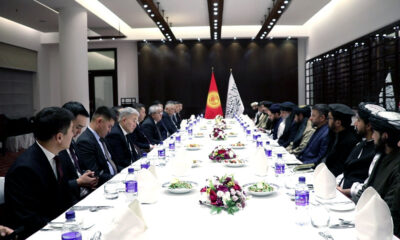
 Latest News4 days ago
Latest News4 days agoAfghanistan, Kyrgyzstan discuss expanding trade and economic cooperation










